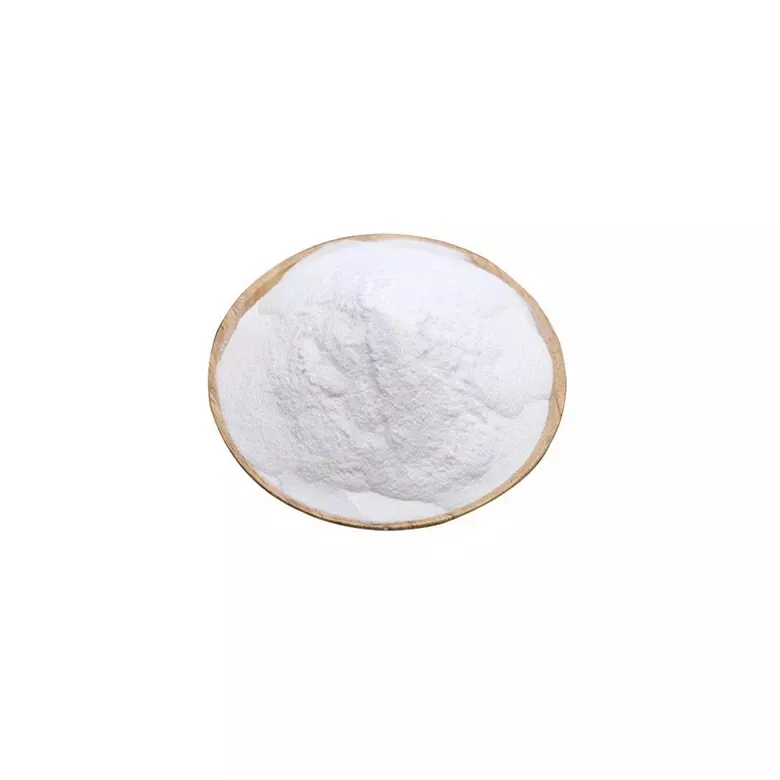 Email: sale@hebeidisha.com
Email: sale@hebeidisha.com
 Tel: +86 13315186550
Tel: +86 13315186550
- Afrikaans
- Albanian
- Amharic
- Arabic
- Armenian
- Azerbaijani
- Basque
- Belarusian
- Bengali
- Bosnian
- Bulgarian
- Catalan
- Cebuano
- China
- China (Taiwan)
- Corsican
- Croatian
- Czech
- Danish
- Dutch
- English
- Esperanto
- Estonian
- Finnish
- French
- Frisian
- Galician
- Georgian
- German
- Greek
- Gujarati
- Haitian Creole
- hausa
- hawaiian
- Hebrew
- Hindi
- Miao
- Hungarian
- Icelandic
- igbo
- Indonesian
- irish
- Italian
- Japanese
- Javanese
- Kannada
- kazakh
- Khmer
- Rwandese
- Korean
- Kurdish
- Kyrgyz
- Lao
- Latin
- Latvian
- Lithuanian
- Luxembourgish
- Macedonian
- Malgashi
- Malay
- Malayalam
- Maltese
- Maori
- Marathi
- Mongolian
- Myanmar
- Nepali
- Norwegian
- Norwegian
- Occitan
- Pashto
- Persian
- Polish
- Portuguese
- Punjabi
- Romanian
- Russian
- Samoan
- Scottish Gaelic
- Serbian
- Sesotho
- Shona
- Sindhi
- Sinhala
- Slovak
- Slovenian
- Somali
- Spanish
- Sundanese
- Swahili
- Swedish
- Tagalog
- Tajik
- Tamil
- Tatar
- Telugu
- Thai
- Turkish
- Turkmen
- Ukrainian
- Urdu
- Uighur
- Uzbek
- Vietnamese
- Welsh
- Bantu
- Yiddish
- Yoruba
- Zulu
Aug . 06, 2024 14:56 Back to list
Exploring the Sweet Benefits and Applications of Xylo Sugar in Modern Nutrition and Health
The Sweet Revolution Understanding XyloSugar
In recent years, the quest for healthier alternatives to traditional sugar has driven a surge of interest in various natural sweeteners. Among these, XyloSugar, derived from xylitol—a naturally occurring sugar alcohol—has garnered attention for its unique properties and benefits. This article explores the origins, benefits, and applications of XyloSugar in our daily lives.
What is XyloSugar?
XyloSugar is a sugar alternative made from xylitol, which is typically found in small amounts in various fruits and vegetables. It is often extracted from hardwood trees, such as birch and beech, and also from corn fibers. Xylitol's sweetness is comparable to that of sucrose (table sugar), yet it has a lower caloric content, making it an appealing option for those looking to reduce their sugar intake without sacrificing sweetness.
Health Benefits of XyloSugar
One of the most notable benefits of XyloSugar is its potential to improve dental health. Unlike traditional sugar, xylitol does not ferment in the mouth, which means it does not contribute to the formation of cavities. In fact, xylitol has been shown to inhibit the growth of Streptococcus mutans, the primary bacteria responsible for tooth decay. Studies have suggested that regular use of xylitol, whether through chewing gum, mints, or toothpaste, can lead to a significant reduction in cavity development.
Furthermore, XyloSugar has a low glycemic index (GI), making it a suitable choice for individuals managing diabetes or those looking to maintain stable blood sugar levels. Foods and beverages sweetened with XyloSugar result in a slower rise in blood glucose, which helps in preventing the spikes associated with standard sugars.
xylo sugar

Additionally, XyloSugar may play a supportive role in oral and overall health. Research has indicated that xylitol can help promote saliva production, which is crucial for maintaining oral pH levels and protecting against tooth decay. Moreover, its potential prebiotic effects can support gut health by promoting beneficial bacteria.
Culinary Uses of XyloSugar
The versatility of XyloSugar makes it an attractive choice for culinary applications. Its sweetening properties allow it to be seamlessly incorporated into a wide variety of recipes, ranging from baked goods to savory sauces. Since XyloSugar has similar properties to sugar, including the ability to caramelize, it can be used in place of traditional sugar in many recipes without affecting the final taste and texture significantly.
Cooks and bakers can experiment with XyloSugar in their recipes, often using it in conjunction with other natural sweeteners to enhance flavor profiles. However, it is important to note that xylitol is toxic to dogs, so households with pets should take precautionary measures to store and handle XyloSugar products safely.
Conclusion
As the demand for healthier sugar alternatives continues to grow, XyloSugar stands out as a promising option due to its numerous health benefits and practical applications. Its potential to improve dental health, aid in blood sugar management, and offer a delightful sweetness makes it a valuable addition to the diet of individuals seeking to reduce their sugar consumption. With continued research and consumer interest, XyloSugar could very well play a significant role in the future of sugar alternatives, paving the way for a healthier and sweeter tomorrow. Embracing this natural sweetener may just be the step we need toward a balanced diet and improved well-being.
Latest news
-
Certifications for Vegetarian and Xanthan Gum Vegetarian
NewsJun.17,2025
-
Sustainability Trends Reshaping the SLES N70 Market
NewsJun.17,2025
-
Propylene Glycol Use in Vaccines: Balancing Function and Perception
NewsJun.17,2025
-
Petroleum Jelly in Skincare: Balancing Benefits and Backlash
NewsJun.17,2025
-
Energy Price Volatility and Ripple Effect on Caprolactam Markets
NewsJun.17,2025
-
Spectroscopic Techniques for Adipic Acid Molecular Weight
NewsJun.17,2025